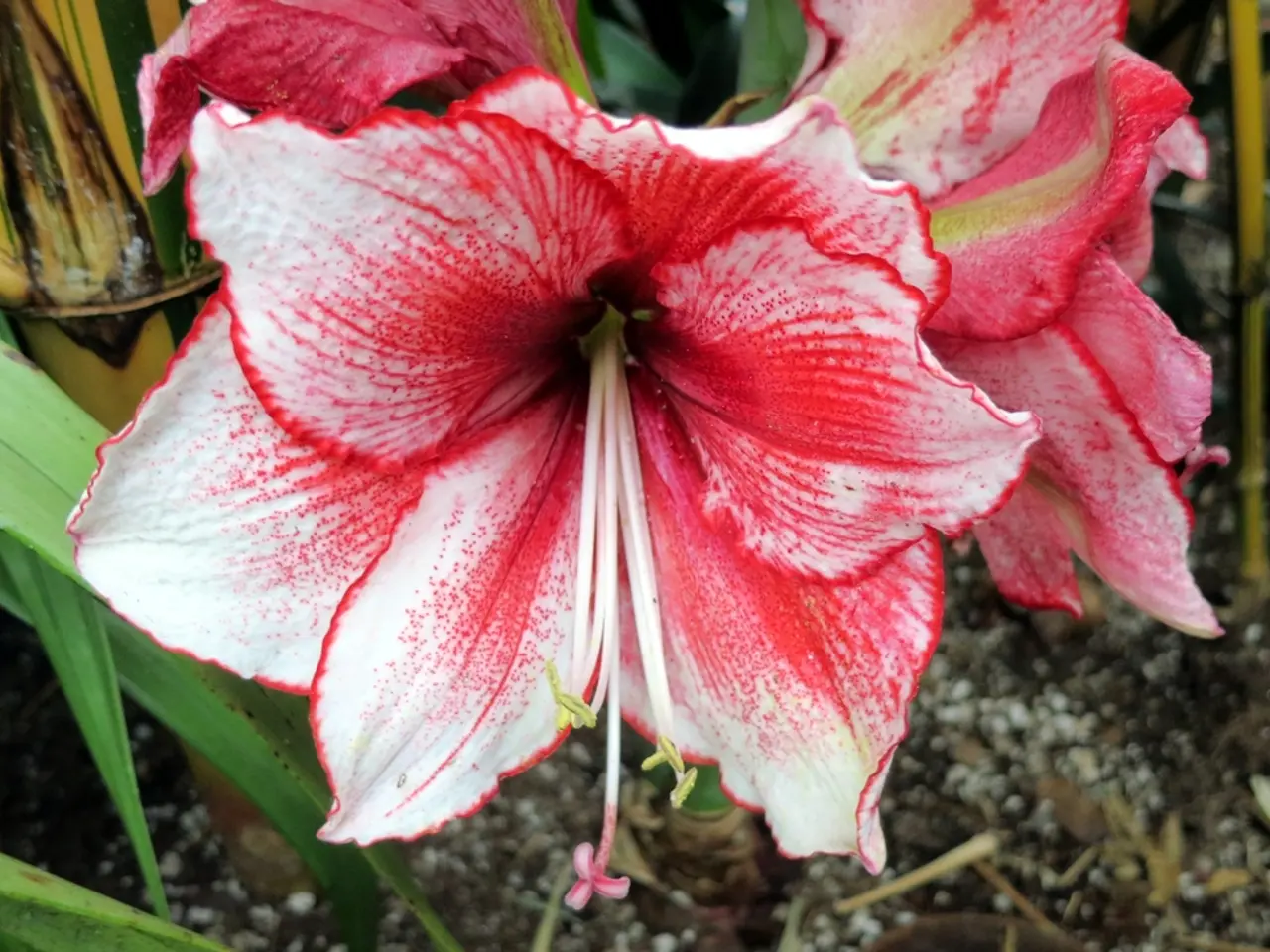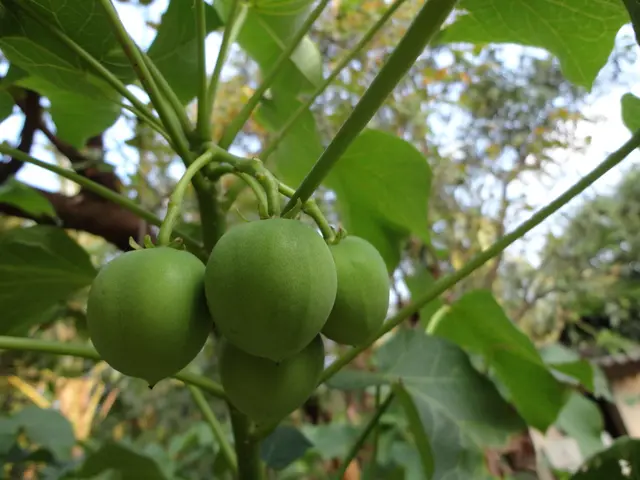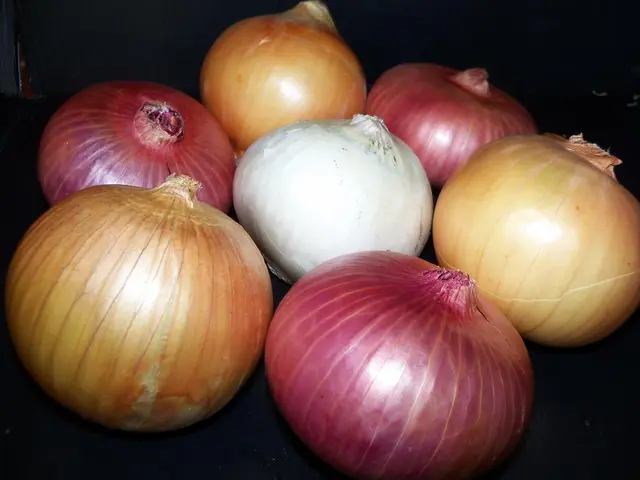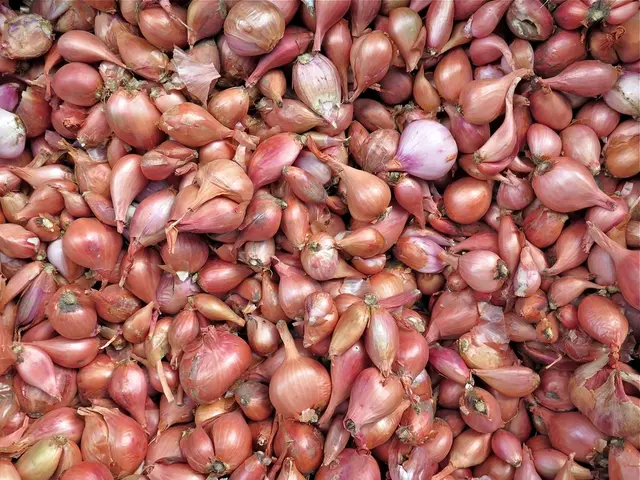Zz Plant Soil Preferences: Selecting the Appropriate Soil Blend
ZZ plants, native to Eastern Africa, have gained popularity as houseplants due to their resilience, low maintenance, and adaptability to various lighting conditions. However, these plants require specific soil conditions to thrive, particularly excellent drainage and moderate moisture retention.
### Ideal Soil Mix Composition
A well-balanced soil mixture for ZZ plants includes 50% quality potting soil, 25% coarse sand or perlite, 15% orchid bark or pumice, and 10% coarse perlite or lava rock. This blend creates a light, airy medium that holds enough moisture for the ZZ plant's rhizomes without becoming soggy, preventing root rot.
The organic potting soil supports nutrient availability, while the coarse sand or perlite increases pore space and aeration. Orchid bark or pumice adds chunky texture that prevents soil compaction, and lava rock or coarse perlite helps water move quickly and ensures the soil dries between watering.
### Suitable Commercial Options
While a high-quality general houseplant potting mix can serve as a base, it should be amended with inorganic materials such as perlite, coarse sand, or orchid bark for better drainage. Specialty succulent and cactus soils are often more porous and could be blended with regular potting soil for ZZ plants. Some commercial mixes include biochar or similar materials for soil health and aeration, which might also be beneficial.
### Additional Tips
Avoid heavy, moisture-retaining soils, and always repot every 3-4 years to refresh nutrients and soil structure. Coarse sand can enhance drainage in ZZ plant soil, providing an excellent balance of moisture retention and drainage.
To repot a ZZ plant, choose a time during its active growth phase, prepare the new pot, remove the plant carefully, and position it in the centre of the new pot with fresh potting mix. After repotting, provide ZZ plants with proper aftercare, including bright, indirect sunlight and gradual exposure to prevent shock and leaf burn.
When watering ZZ plants, ensure the soil remains moist but not soggy to prevent issues. Horticultural charcoal also improves the soil's ability to retain nutrients for ZZ plants, and compost or worm castings can provide essential nutrients and promote microbial activity for ZZ plants.
With the right soil mixture and care, your ZZ plant will thrive, displaying its glossy, dark green leaves and zigzagged foliage for all to enjoy.
A suitable lifestyle for ZZ plants includes a home-and-garden setting that accommodates their ideal soil mix composition, which includes organnic potting soil, coarse sand or perlite, orchid bark or pumice, and lava rock or coarse perlite. Gardening enthusiasts can enhance the plant care of their ZZ plants with the use of specific commercial mix options, such as succulent and cactus soils, or those containing biochar for improved soil health and aeration.








